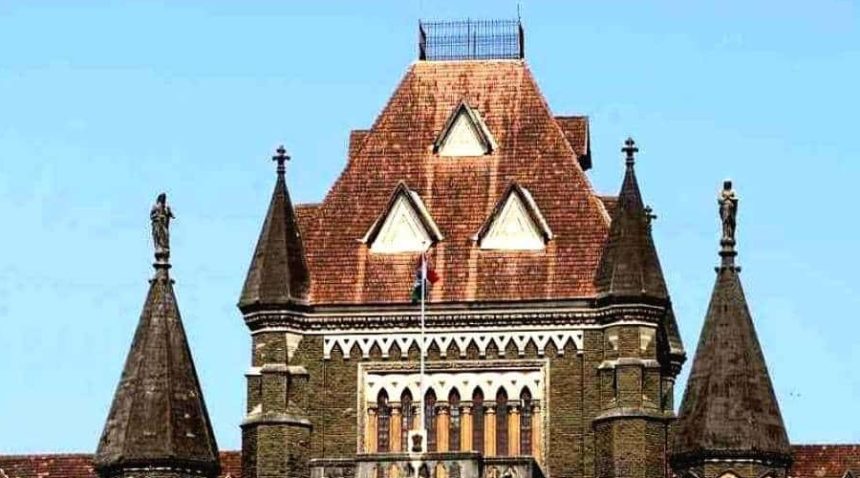RBI Directed to Accept ₹20 Lakh in Seized Demonetized Notes by Bombay High Court
The Bombay High Court has directed the Reserve Bank of India (RBI) to accept old demonetized currency notes amounting to ₹20 lakh from a group of individuals in Kolhapur. The group had their cash seized by the Income Tax (IT) department during a raid in December 2016, just days before the deadline for depositing invalidated ₹500 and ₹1000 notes expired. The money was returned to them after the deposit window had closed, leading to their appeal before the court.
The court ruled through its division panel chaired by Justice A.S. Chandurkar and Justice M.M. Sathaye that the petitioners could not be blamed for delaying the deposit deadline. The court provided the petitioners with a note acknowledging that they lacked control over the seized currency at the time of the seizure. The RBI was ordered to receive the deposited money and help customers exchange funds.
Seizure of Cash During Demonetisation
In November 2016 the Indian government declared the elimination of ₹500 and ₹1000 banknotes requiring their deposit by December 31, 2016. The petitioners owned ₹20 lakh before they attempted to create a joint account deposit. The IT department executed an audit on December 26 by taking possession of each cash deposit.
Following an investigation, the IT department decided not to retain the money and issued a letter to the police on January 10, 2017. The amount was subsequently returned to the petitioners on January 17, 2017. The deadline to deposit the demonetised notes had already passed prompting the petitioners to approach the RBI.
Legal Arguments and Court’s Decision
Petitioners filed their case through advocate Udaya Sankar Samudrala claimed no responsibility for the delay because authorities had seized the money. The petitioners argued law enforcement should maintain note serial number documentation because officials had failed to perform this procedure making it challenging to fulfill RBI requirements.
The RBI’s representation under Venkatesh Dhond argued before the court that petitioners had to submit serial numbers according to the Specified Bank Notes (Cessation of Liabilities) Act of 2017. The court issued an order instructing RBI to handle the deposit because petitioners faced obstacles outside their control. The petitioners must provide the funds for verification and exchange procedures within one week.






